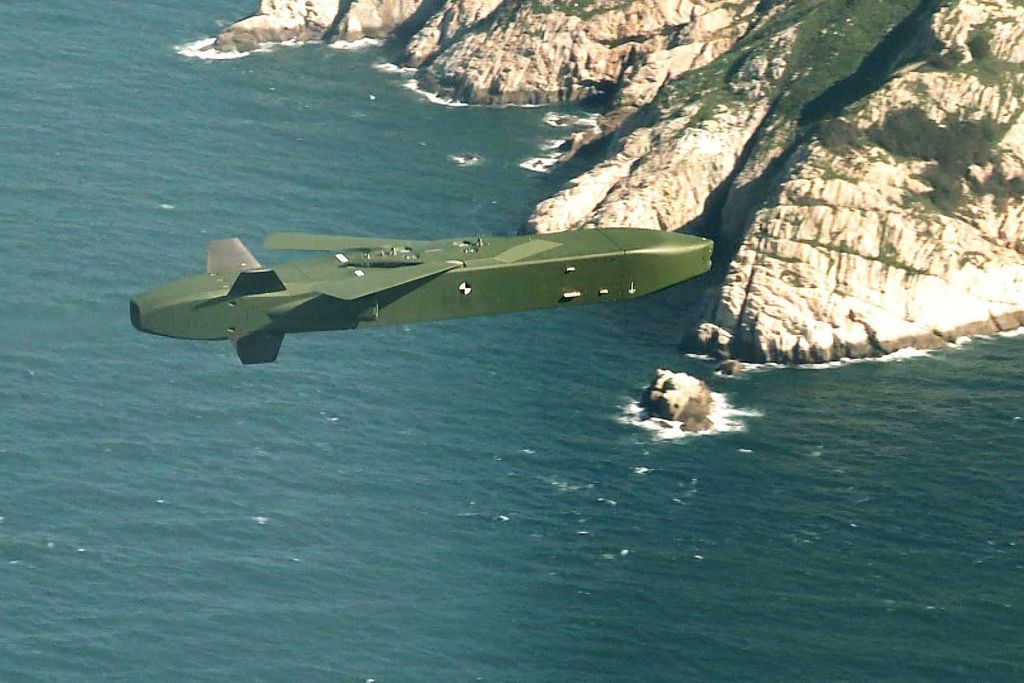Germany sends more air defense systems, missiles to Ukraine

Germany has provided Ukraine with a new package of military assistance, including IRIS-T air defense systems and missiles for Patriots, according to an updated list released by the German government on April 17.
The announcement comes as Russia continues to ramp up attacks on Ukrainian cities, inflicting high casualties among civilians, against the backdrop of U.S. efforts to negotiate a peace deal between Kyiv and Moscow.
The latest German shipment includes four additional IRIS-T systems and missiles for them, missiles for Patriot air defense systems, and 120 IGLA man-portable air defense missiles.
The package has also provided 66 more Mine Resistant Ambush Protected (MRAP) vehicles, additional Kinetic Defense Vehicles, and 38,000 more rounds of Gepard anti-aircraft ammunition.
In partnership with Denmark and Norway, Germany also delivered three new Zuzana 2 wheeled howitzers.
Berlin also sent additional artillery supplies, including 27,000 more rounds of 155 mm shells and 1,000 additional rounds of 122 mm ammunition. Drone support includes 70 more Vector reconnaissance drones, 150 additional HF-1 armed drones, and 10 more surface drones.
The package also includes engineering and recovery vehicles, surveillance radars, laser rangefinders, assault rifles, personal and tactical gear, as well as continued medical treatment for wounded Ukrainian soldiers.
The support, drawn from Bundeswehr stockpiles and industrial contracts financed through Berlin’s security capacity-building initiative, brings Germany’s total military aid to Ukraine to approximately 28 billion euros since the start of Russia’s full-scale invasion in 2022.
The new German government has pledged to continue supporting Ukraine amid Russia’s ongoing invasion.
Germany may also be moving closer to approving the delivery of long-range Taurus missiles to Ukraine, as leaders from both the conservative CDU/CSU and the ruling Social Democrats (SPD) show signs of alignment on the matter.
Johann Wadephul, deputy head of the CDU/CSU parliamentary group, said on April 15 that a joint decision was increasingly possible, especially after a recent Russian missile strike on the city of Sumy that killed at least 35 civilians.
Chancellor-in-waiting Friedrich Merz, who is expected to take office following the CDU/CSU's February election victory, has also expressed support for sending Taurus missiles in coordination with Germany’s allies. Outgoing Chancellor Olaf Scholz has previously blocked such deliveries over concerns of escalation.
If approved, the missiles, with a range of up to 500 kilometers, would add to Ukraine’s long-range strike capabilities, alongside weapons already provided by the U.S., U.K., and France.













